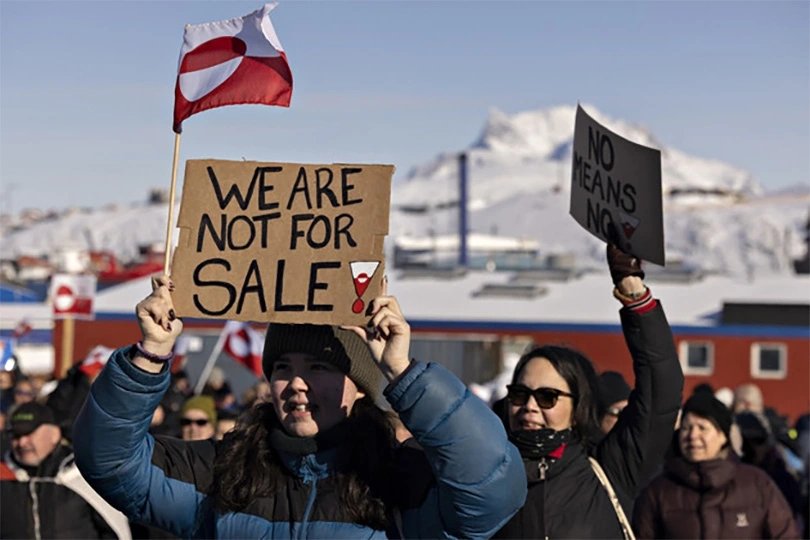In an era defined by complex international diplomacy and global power shifts, former U.S. President Donald Trump’s recent remarks have once again ignited a firestorm of controversy. During a political rally and subsequent media interviews, Trump openly suggested that the United States should not rule out the use of force to take control of Greenland. This stunning statement has shocked allies and adversaries alike, reigniting debates about American imperialism, Arctic sovereignty, and the limits of presidential rhetoric in shaping foreign policy.
What may have initially sounded like a provocative soundbite now carries heavier geopolitical implications. Greenland, an autonomous territory within the Kingdom of Denmark, is strategically located in the Arctic—a region gaining increasing attention for its untapped natural resources and military positioning. Trump’s comments suggest a resurgence of expansionist thinking rarely voiced so directly in modern American politics. What exactly lies behind this seemingly audacious idea? Let’s explore the motivations, reactions, and consequences of Trump’s declaration.
**Trump’s Obsession with Greenland: Not a New Story**
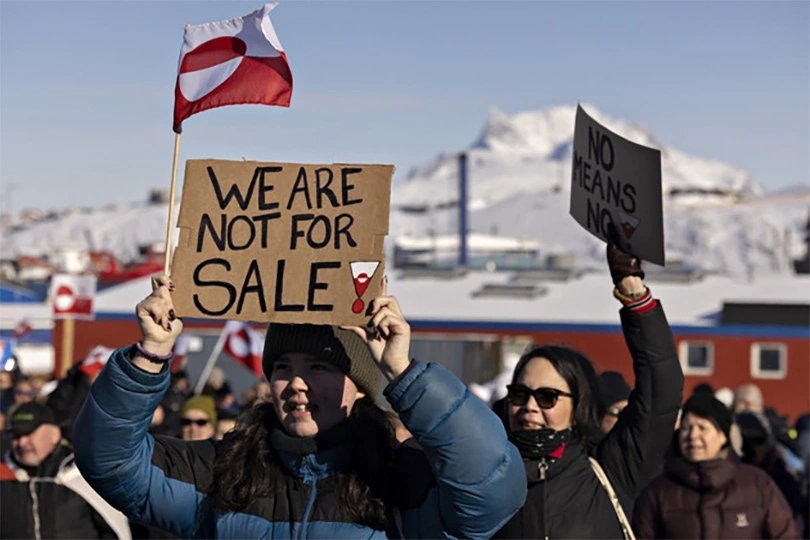
While many were surprised by Trump’s recent openness to military action in Greenland, his fascination with the island dates back to 2019. During his presidency, Trump proposed buying Greenland from Denmark, a suggestion that was met with widespread ridicule and quickly dismissed by the Danish government as absurd. At the time, Trump canceled a state visit to Denmark in response to the rejection, calling the Danish Prime Minister’s response “nasty.”
Although the idea was mocked in the media, Trump remained adamant that the proposal made economic and strategic sense. “Essentially, it’s a large real estate deal,” he said at the time. In his post-presidency era, Trump’s tone has grown bolder. Now, instead of purchasing Greenland through diplomatic channels, he has floated the idea of using military power if necessary—an escalation that raises concerns among global security analysts.
**Greenland’s Strategic Importance: More Than Just Ice**
To understand why Trump—and perhaps others in the U.S. political and military establishment—would even consider such a move, it’s essential to examine Greenland’s strategic value. Although sparsely populated and largely covered in ice, Greenland holds vast geopolitical and economic potential.
Greenland’s location offers a commanding position in the Arctic, a region that is rapidly emerging as a new global frontier. Melting ice due to climate change has opened up shipping routes, increased access to untapped oil and mineral resources, and intensified competition among global powers including Russia and China. The U.S. already maintains a key military installation in Greenland—Thule Air Base—an integral part of the U.S. ballistic missile early warning system.
In essence, Greenland represents a gateway to future Arctic dominance. Trump’s rhetoric taps into a broader strategic narrative: securing Arctic superiority before rival powers establish a stronger foothold.
**Legal and Ethical Considerations: Can Force Ever Be Justified?**
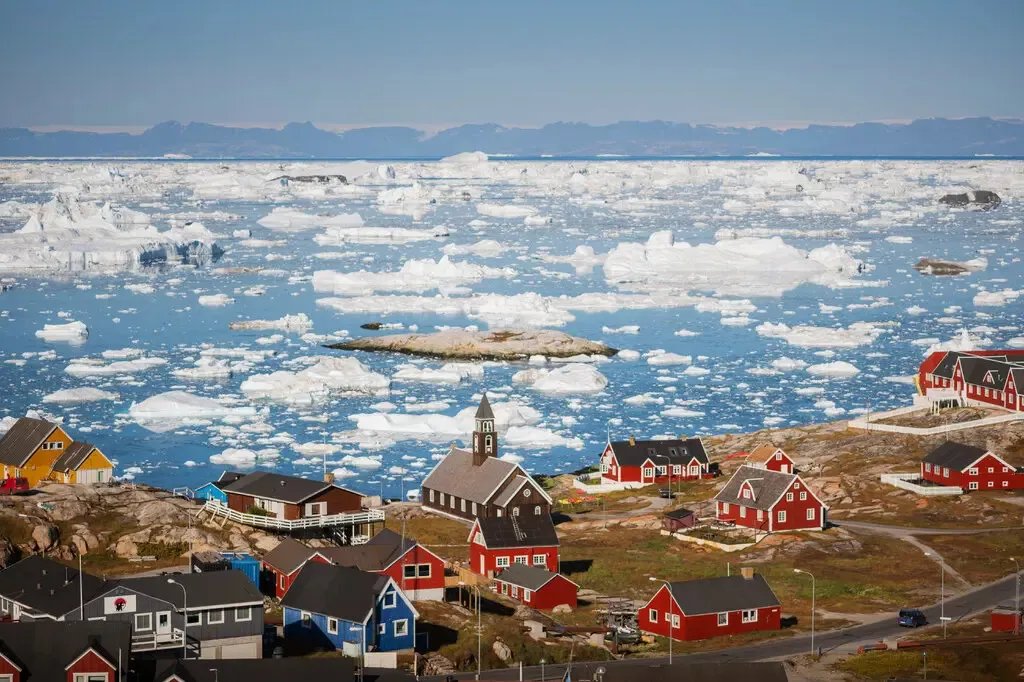
The suggestion of using force to acquire territory in the 21st century evokes memories of colonial conquest and violates core principles of international law. Under the United Nations Charter, the acquisition of territory through military aggression is considered illegal and illegitimate. Greenland is not only geographically distant but also politically autonomous, with its own government and democratic processes.
Using force to control Greenland would therefore be tantamount to invasion—something that would likely be met with international condemnation and possible sanctions. Legal experts point out that such a move could isolate the U.S. diplomatically and potentially provoke a broader conflict, especially if Denmark invokes NATO Article 5, which considers an attack on one member as an attack on all.
Moreover, Greenlanders themselves have expressed strong disapproval of any notion that their homeland could be taken by force. Respect for self-determination remains a core tenet of modern international relations.
**Denmark’s Response: Firm and Unyielding**
The Danish government has responded with a combination of disbelief and defiance. Officials in Copenhagen have reiterated that Greenland is not for sale, lease, or negotiation—especially not under the threat of force. Danish Prime Minister Mette Frederiksen called Trump’s remarks “deeply troubling” and emphasized the unity between Denmark and Greenland in preserving their territorial integrity.
Greenland’s leaders, including Premier Múte Bourup Egede, echoed similar sentiments. “Greenland is not America’s to take,” he stated in a televised address. “We are not a commodity. We are a people with a culture, a history, and a future determined by ourselves.”
The Danish foreign ministry has also begun coordinating with European allies to prepare diplomatic measures in response to what it calls “unprecedented rhetoric from a former American head of state.”
**Global Reactions: NATO, China, and Russia Weigh In**
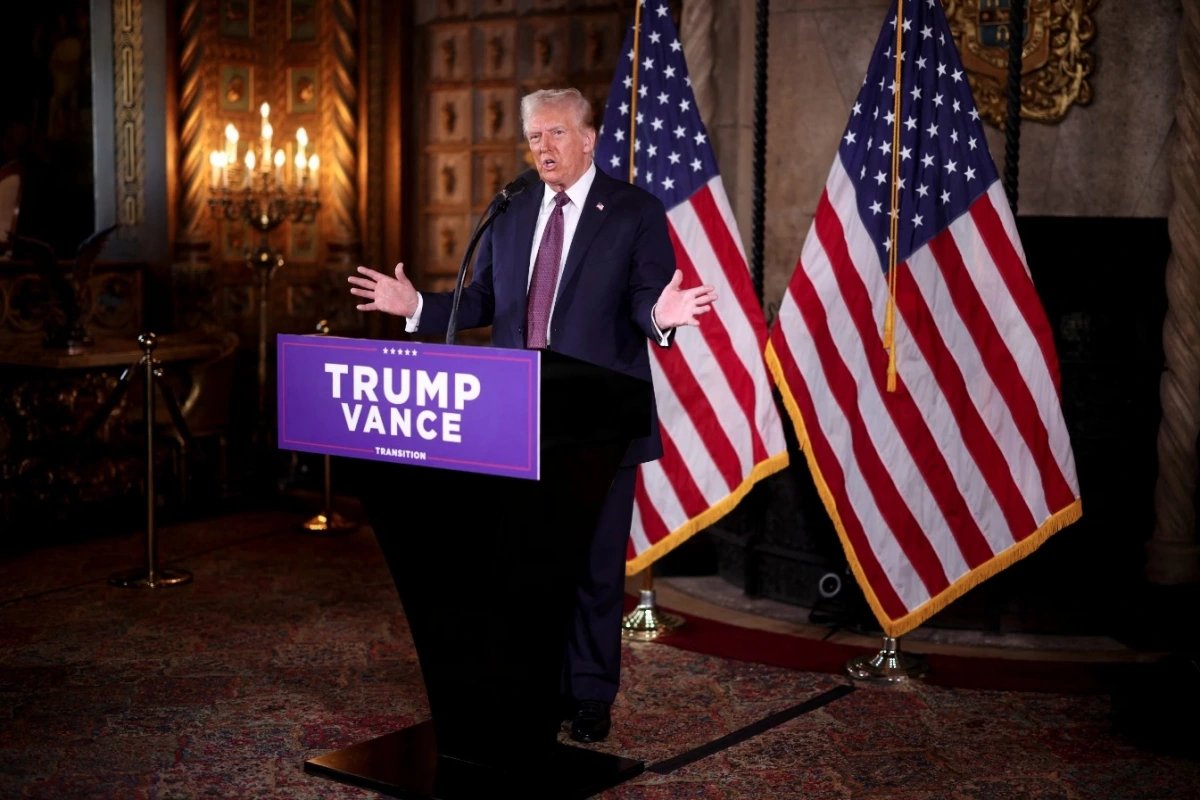
The implications of Trump’s statements have reached far beyond U.S.-Danish relations. NATO, the cornerstone of transatlantic security, finds itself in an uncomfortable position. While the U.S. remains a leading force within the alliance, suggestions of aggression against a fellow member’s territory raise serious concerns about cohesion and trust within the bloc.
Russia, already expanding its military presence in the Arctic, has seized the opportunity to portray the U.S. as an unpredictable global actor. Russian state media quickly labeled Trump’s comments as “neo-imperialist” and “destabilizing.” China, which has invested in Arctic research and infrastructure, also voiced opposition, warning against the militarization of the polar regions.
These reactions highlight the global stakes at play. Trump’s words have reverberated through the corridors of power in Brussels, Moscow, and Beijing, potentially altering long-term strategic calculations in the region.
**American Public Opinion: Divided and Alarmed**
Within the United States, reactions to Trump’s statements have been mixed, reflecting the nation’s broader political polarization. While some of his loyal supporters praised the idea as bold and visionary, critics across the political spectrum denounced it as reckless and dangerous.
Foreign policy experts warned that normalizing talk of forceful acquisition undermines U.S. credibility and endangers global stability. Human rights organizations expressed concern for the Greenlandic population, warning that any conflict would bring humanitarian consequences.
Polls indicate that a majority of Americans oppose military action in Greenland, but Trump’s base remains receptive to his message, viewing it as a demonstration of American strength and global ambition.
**Historical Parallels: Echoes of Manifest Destiny?**
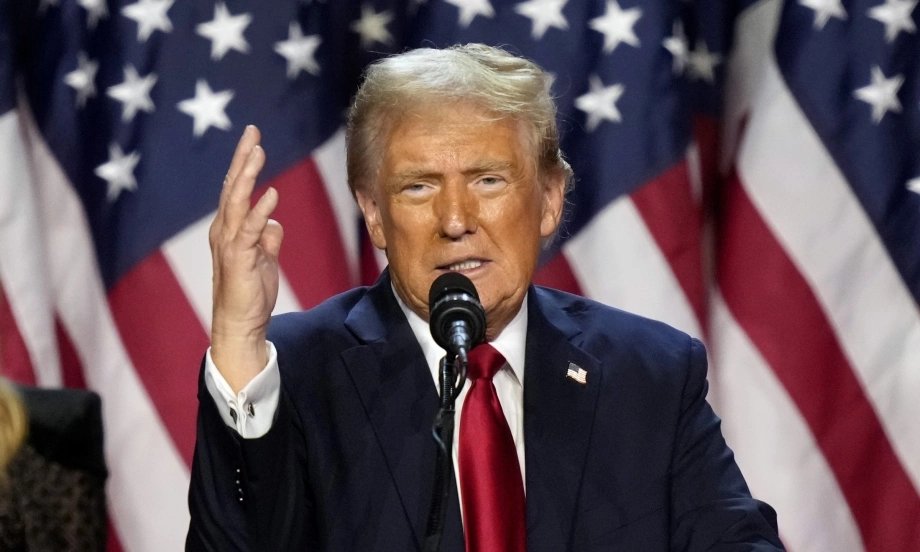
Trump’s posture regarding Greenland may seem unprecedented, but it echoes earlier chapters in U.S. history. The concept of _Manifest Destiny_, which drove American expansion in the 19th century, justified territorial acquisitions as part of a divine mission. From the annexation of Texas to the purchase of Alaska, U.S. leaders have long blended strategic interests with ideological justifications.
However, in the modern international system, those approaches are outdated and fraught with consequences. Trump’s flirtation with this old mindset raises profound questions about the direction of American power: Is it shifting toward aggressive nationalism, or is this merely rhetorical posturing meant to energize his political base?
**Potential Consequences: Diplomatic Isolation and Strategic Fallout**
If Trump’s suggestion were ever to materialize into real policy, the consequences could be severe. A U.S. attempt to take Greenland by force would likely trigger global outrage, economic sanctions, and a crisis within NATO. The United Nations Security Council would almost certainly condemn the action, and longstanding alliances could be irreparably damaged.
Economically, such a move could invite retaliatory measures from major trade partners, further isolating the U.S. on the global stage. Militarily, any attempt to assert control over Greenland could spark a confrontation with Denmark and potentially Russia, leading to unpredictable escalations in the Arctic theater.
Domestically, a military campaign would be extremely unpopular and costly. Congress would face intense pressure to reject funding for such an operation, and legal challenges would likely arise over the constitutional authority to initiate such aggressive action without provocation.

**Conclusion: Dangerous Words in a Volatile World**
Donald Trump’s suggestion that force could be used to take control of Greenland is more than just an offhand remark—it is a window into a worldview that challenges contemporary norms of diplomacy, sovereignty, and international cooperation. While the practical implementation of such an idea remains highly unlikely, the fact that it has entered political discourse is alarming.
Greenland is not just a frozen island in the Arctic; it is a symbol of sovereignty, resource competition, and environmental vulnerability. For the U.S. to entertain ideas of military acquisition undermines its moral leadership and raises existential questions about its role in the world.
As the 2024 election cycle intensifies and Trump continues to assert his influence, his rhetoric will undoubtedly shape not only domestic debates but also global perceptions of American intent. In an interconnected and fragile world, such words matter—and they can reshape history in ways we are only beginning to understand.
